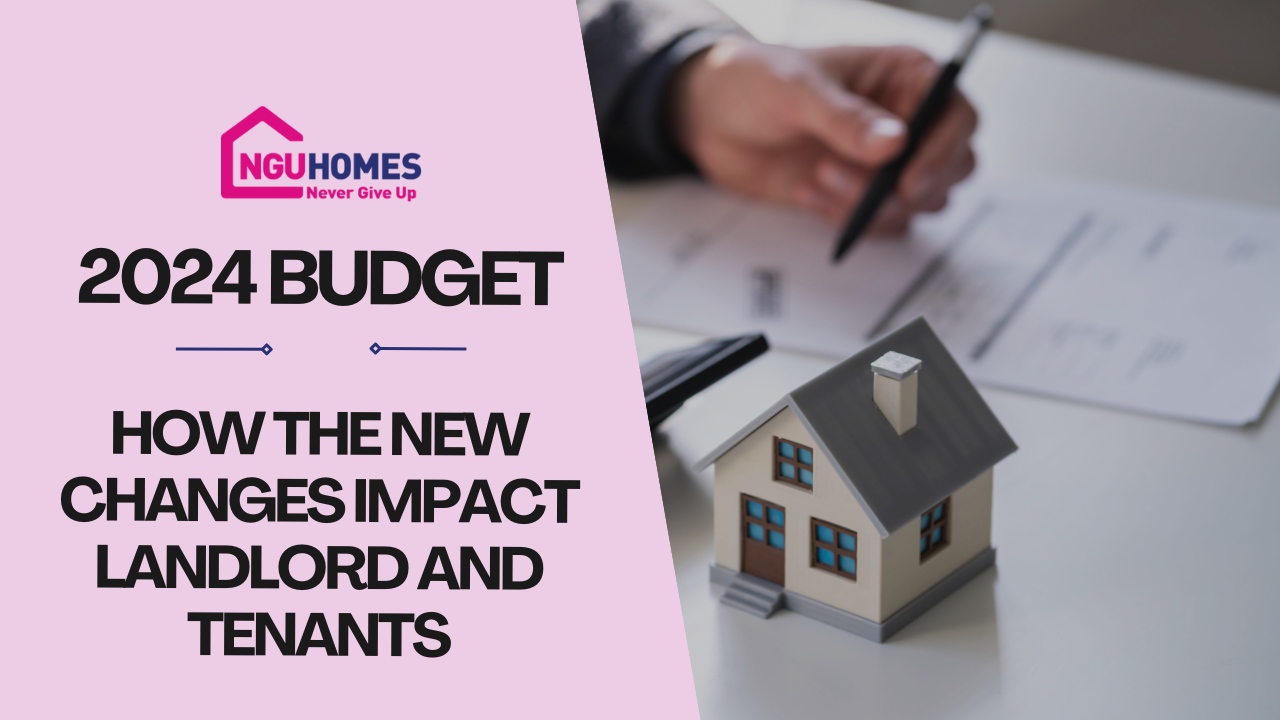The 2024 Budget, announced by the Chancellor, has introduced over £40 billion in tax rises, impacting a range of sectors, including property. Notably, landlords have been affected by a key increase in Stamp Duty for second homes. Here’s a breakdown of the changes and their potential impact on landlords and tenants in the coming months.
Key Budget Changes for Landlords
The most significant tax change affecting landlords is the rise in Stamp Duty on second homes from 3% to 5%, effective immediately. This overnight increase disrupts property sales currently underway, creating complications for transactions that typically take 3–4 months to complete. A phased implementation could have avoided this abrupt change, allowing the market time to adjust without disrupting transactions already in progress.
Capital Gains Tax Relief
Amid the tax increases, one relief for landlords is that Capital Gains Tax on property sales has not risen from its current 24% rate. This stability allows landlords to proceed with sales without facing higher tax liabilities, supporting continued property transactions that generate both Stamp Duty and capital gains revenue for the Treasury. This decision helps sustain the real estate market, keeping a flow of properties and investments that contribute to the overall economy.
How Tenants Are Affected
Unfortunately, while the new tax measures add costs for landlords, tenants will also feel the impact. For example:
Mortgage Interest Relief Removal: This removal limits the deductions landlords can make, raising their operational costs and potentially leading to higher rents.
5% Stamp Duty on Second Homes: This increase makes it more costly for landlords to invest in additional properties, which could slow down property acquisitions in the rental market, reducing supply.
Increased Legislation: The Renters’ Reform Bill brings greater regulatory requirements, but it also increases costs for landlords in terms of compliance and property management.
Combined, these changes may drive more landlords out of the rental market, reducing available rental properties and driving up rents due to limited supply.
Limited Returns and Increased Costs
The UK’s average property yield currently stands between 5% and 8%. With interest rates around 5% and rising property maintenance costs, returns for landlords are slim, leaving little room for profit or reinvestment. With lower returns, the government’s current approach could make it increasingly difficult for landlords to justify holding onto properties or adding new ones to their portfolios, ultimately limiting the availability of affordable housing in the rental market.
The Importance of Encouraging Landlord Investment
At NGU Homes, we believe it’s crucial for the government to take a balanced approach that encourages investment rather than drives landlords away. Offering incentives and supportive measures, particularly in the context of increasing costs, would ensure landlords can continue to provide stable, affordable housing—a vital component of the UK’s housing landscape.
Final Thoughts
The 2024 Budget brings both challenges and relief for landlords, but it leaves the sector at a pivotal point. At NGU Homes, we remain committed to supporting landlords, helping you navigate these shifts to maximize your investment while meeting market demands. For landlords concerned about these changes, we are here to help you strategize and adapt to keep your property investments secure and successful.


 By
By 



Share this with
Email
Facebook
Messenger
Twitter
Pinterest
LinkedIn
Copy this link